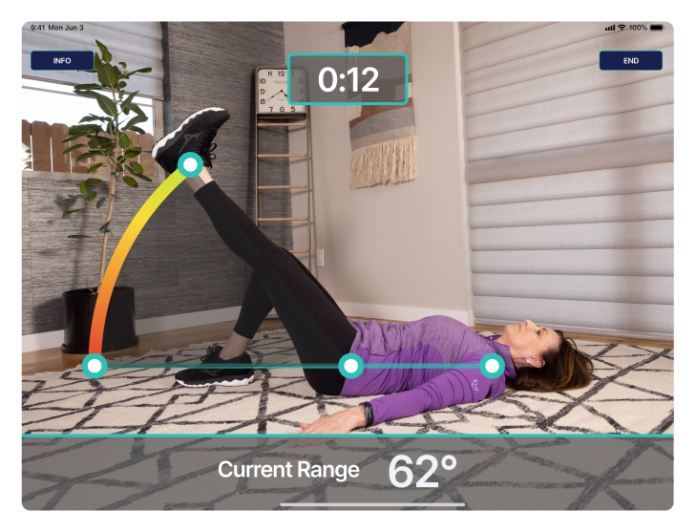New artificial intelligence devices are being introduced to the realm of physical therapy, and the value that AI contributes in these programs are immense.
Companies such as SWORD Health, Kaia Health, Physitrack, and other AI-enabled robotics work with patients in physical therapy to provide a variety of therapy-enhancing qualities such as performance tracking, real-time assistance, and more.
For instance, Kaia Health’s Motion Coach app uses Ai to track motion points on the body and uses the on-screen wireframe model to guide patients through various exercises. Feedback is provided and the application adapts to the needs of the user with an additional interface available to consult with a medical health professional.
AI in therapy is a rather new implementation; however, it’s anticipated to grow.
Analysis
With AI being a more prominent technology being used in the field, the gains that it offers therapy should be investigated to see if larger and more widespread integration of this tech with therapy can address certain issues with healthcare systems such as accessibillity.
For the Neurolife sleeve, this presents some seed ideas and opportunities in the realm of live-feedback and visualization cues that will help a patient through their therapy session.
Examining the various ways that companies are already using AI in therapy will prove to be insightful in translating how this technology may come and provide for stroke patients using this sleeve.




